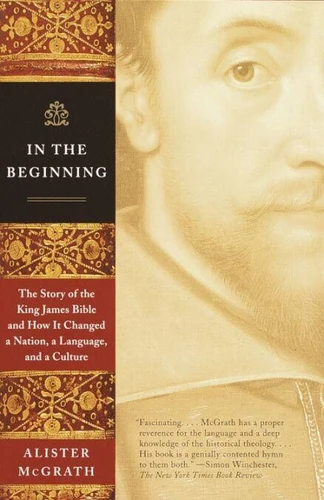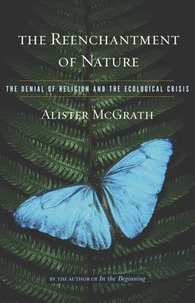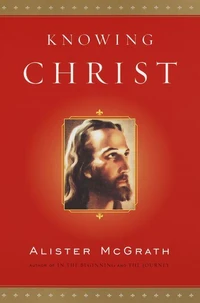In the Beginning. The Story of the King James Bible and How It Changed a Nation, a Language, and aCulture
Par :Formats :
Disponible dans votre compte client Decitre ou Furet du Nord dès validation de votre commande. Le format ePub protégé est :
- Compatible avec une lecture sur My Vivlio (smartphone, tablette, ordinateur)
- Compatible avec une lecture sur liseuses Vivlio
- Pour les liseuses autres que Vivlio, vous devez utiliser le logiciel Adobe Digital Edition. Non compatible avec la lecture sur les liseuses Kindle, Remarkable et Sony
- Non compatible avec un achat hors France métropolitaine
 , qui est-ce ?
, qui est-ce ?Notre partenaire de plateforme de lecture numérique où vous retrouverez l'ensemble de vos ebooks gratuitement
Pour en savoir plus sur nos ebooks, consultez notre aide en ligne ici
- Nombre de pages352
- FormatePub
- ISBN978-0-307-48622-6
- EAN9780307486226
- Date de parution10/12/2008
- Protection num.Adobe DRM
- Taille6 Mo
- Infos supplémentairesepub
- ÉditeurAnchor
Résumé
This fascinating history of a literary and religious masterpiece explores the forces that obstructed and ultimately led to the decision to create an authorized translation, the method of translation and printing, and the central role the King James version of the Bible played in the development of modern English. In the sixteenth century, to attempt to translate the Bible into a common tongue wasn't just difficult, it was dangerous.
A Bible in English threatened the power of the monarch and the Church. Early translators like Tyndale, whose work greatly influenced the King James, were hunted down and executed, but the demand for English Bibles continued to grow. Indeed it was the popularity of the Geneva Bible, with its anti-royalist content, that eventually forced James I to sanction his own, pro-monarchy, translation. Errors in early editions--one declared that "thou shalt commit adultery"--and Puritan preferences for the Geneva Bible initially hampered acceptance of the King James, but it went on to become the definitive English-language Bible.
McGrath's history of the King James Bible's creation and influence is a worthy tribute to a great work and a joy to read.
A Bible in English threatened the power of the monarch and the Church. Early translators like Tyndale, whose work greatly influenced the King James, were hunted down and executed, but the demand for English Bibles continued to grow. Indeed it was the popularity of the Geneva Bible, with its anti-royalist content, that eventually forced James I to sanction his own, pro-monarchy, translation. Errors in early editions--one declared that "thou shalt commit adultery"--and Puritan preferences for the Geneva Bible initially hampered acceptance of the King James, but it went on to become the definitive English-language Bible.
McGrath's history of the King James Bible's creation and influence is a worthy tribute to a great work and a joy to read.
This fascinating history of a literary and religious masterpiece explores the forces that obstructed and ultimately led to the decision to create an authorized translation, the method of translation and printing, and the central role the King James version of the Bible played in the development of modern English. In the sixteenth century, to attempt to translate the Bible into a common tongue wasn't just difficult, it was dangerous.
A Bible in English threatened the power of the monarch and the Church. Early translators like Tyndale, whose work greatly influenced the King James, were hunted down and executed, but the demand for English Bibles continued to grow. Indeed it was the popularity of the Geneva Bible, with its anti-royalist content, that eventually forced James I to sanction his own, pro-monarchy, translation. Errors in early editions--one declared that "thou shalt commit adultery"--and Puritan preferences for the Geneva Bible initially hampered acceptance of the King James, but it went on to become the definitive English-language Bible.
McGrath's history of the King James Bible's creation and influence is a worthy tribute to a great work and a joy to read.
A Bible in English threatened the power of the monarch and the Church. Early translators like Tyndale, whose work greatly influenced the King James, were hunted down and executed, but the demand for English Bibles continued to grow. Indeed it was the popularity of the Geneva Bible, with its anti-royalist content, that eventually forced James I to sanction his own, pro-monarchy, translation. Errors in early editions--one declared that "thou shalt commit adultery"--and Puritan preferences for the Geneva Bible initially hampered acceptance of the King James, but it went on to become the definitive English-language Bible.
McGrath's history of the King James Bible's creation and influence is a worthy tribute to a great work and a joy to read.







